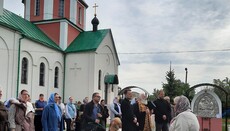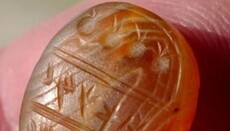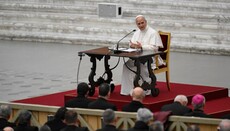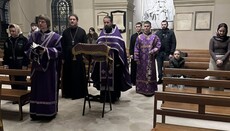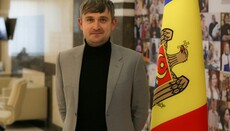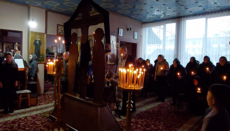"Ukrainian tradition" of revelries on Christmas Eve lectured at Kyiv Lavra
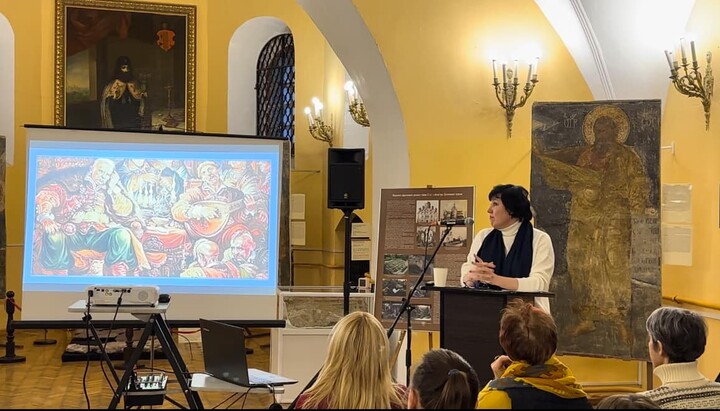
The Reserve organised a lecture in the Kyiv Lavra about the "return to Christmas celebration by the New Julian calendar" and about Cossacks’ revelries on Christmas Eve.
The National Kyiv-Pechersk Lavra Reserve organized a lecture on the territory of the monastery about the "return to celebrating Christmas according to the new Julian calendar" and the feasts of Cossacks on Christmas Eve, which supposedly included banquets with the consumption of meat, abundant alcoholic libations, and lively entertainment on the eve of the Nativity of Christ. This was reported on the reserve's Facebook page.
The post notes that the lecture by Olga Kovalevska, a researcher at the Institute of History of Ukraine of the National Academy of Sciences, was "so inspiring" that the reserve decided to share the "peculiarities of Cossack Christmas" with its subscribers.
Describing the evening feasts on the eve of Christ's birth at the residence of Cossack hetmans, Kovalevska stated that "after the festive service and the appearance of the symbolic first star in the sky, a banquet began, during which they ate deliciously, drank a lot, and culturally entertained." According to the lecturer, "Bohdan Khmelnytsky would play the lute or kobza; Ivan Mazepa would play music beautifully (on the bandura), sang and danced; verteps (nativity scenes) were popular, and later on, fireworks were added."
According to Kovalevska, on the Zaporozhian Sich, on Christmas Eve, "celebrations were more modest." "After the appearance of the first star, delicacies were added to the table: game, fish, dumplings, cheesecakes, buckwheat dumplings with garlic, pig's head dressed with horseradish and noodles for a change, brynza, pastirma (sun-dried lamb)," the lecturer said. "Among the drinks on the table were vodka, honey, beer, mead, and numerous liqueurs in pitchers and 'mykhailyks'."
The scholar mentioned that "to make the holiday cheerful, the Zaporozhians played the kobzas, violins, bagpipes, lyres, basses, cymbals, and flutes, whistling on sopilkas and whistles."
"Dances were also part of the festive program. However, they were much less sophisticated than at hetman receptions. Cossacks played cards and dice. The celebration ended with traditional fireworks – loud cannon shots," Olga Kovalevska continued.
Additionally, she mentioned that during the time of Ivan Mazepa, Christmas "was not a day off" and claimed that the shift of the festive date in 2023 is a "return to the tradition of celebrating Christmas according to the new Julian calendar."
According to ancient church regulations, on Christmas Eve, Orthodox Christians observe a fast: after the Vespers, a fast meal with vegetable oil and a moderate amount of wine is allowed.
The Orthodox Church in Ukraine has been following the Julian calendar since the Baptism of Rus. The new Julian calendar was developed by Professor Milutin Milanković of Belgrade University in 1923.
As reported by the UOJ, the Ministry of Culture of Ukraine organized a "contemporary music" concert in the Refectory Church of the Kyiv-Pechersk Lavra.
